Auckland Libraries have curated a digital collection of some of the longlist titles, available in ebook or audiobook format through the Libby reading app.
Let’s explore some of these titles, which can be added to your OverDrive digital collection.
- The Axeman's Carnival by Catherine Chidgey
- The Fish by Lloyd Jones
- Downfall by Paul Diamond
- Always Italicise by Alice Te Punga Somerville
- Meat Lovers by Rebecca Hawkes
- A Fire in the Belly of Hineamaru by Melinda Webber
- Jumping Sundays: The Rise and Fall of the Counterculture in Aotearoa New Zealand by Nick Bollinger
- Thief, Convict, Pirate, Wife by Jennifer Ashton
- Home Theatre by Anthony Lapwood
- Super Model Minority by Chris Tse
- A History of New Zealand in 100 Objects by Jock Phillips
- Mrs Jewell and the Wreck of the General Grant by Cristina Sanders
- Grand by Noelle McCarthy
- Better the Blood by Michael Bennett
- I am Autistic by Chanelle Moriah
- How to Loiter In a Turf War by Coco Solid
- So Far, For Now by Fiona Kidman

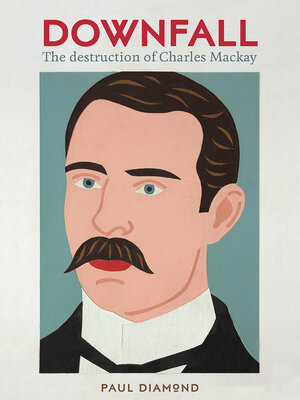
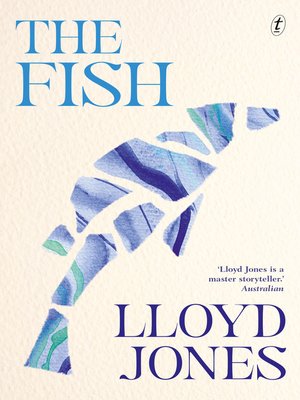
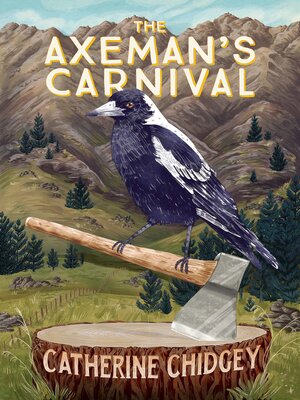
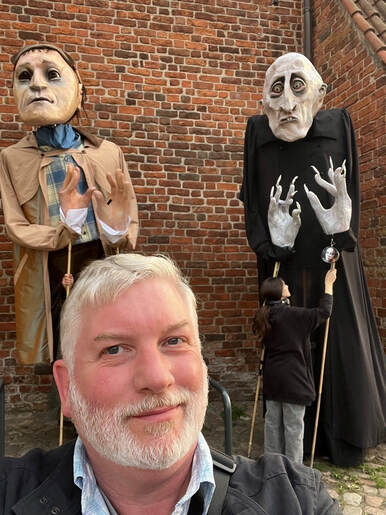
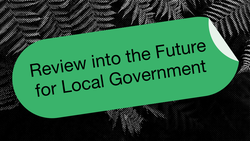
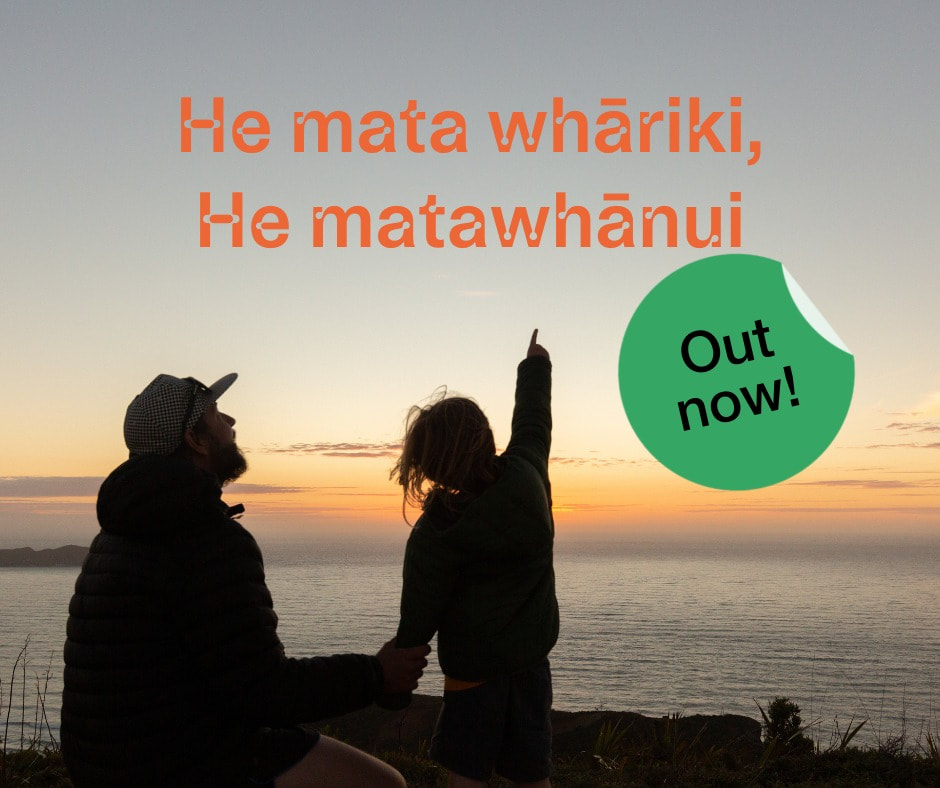

 RSS Feed
RSS Feed